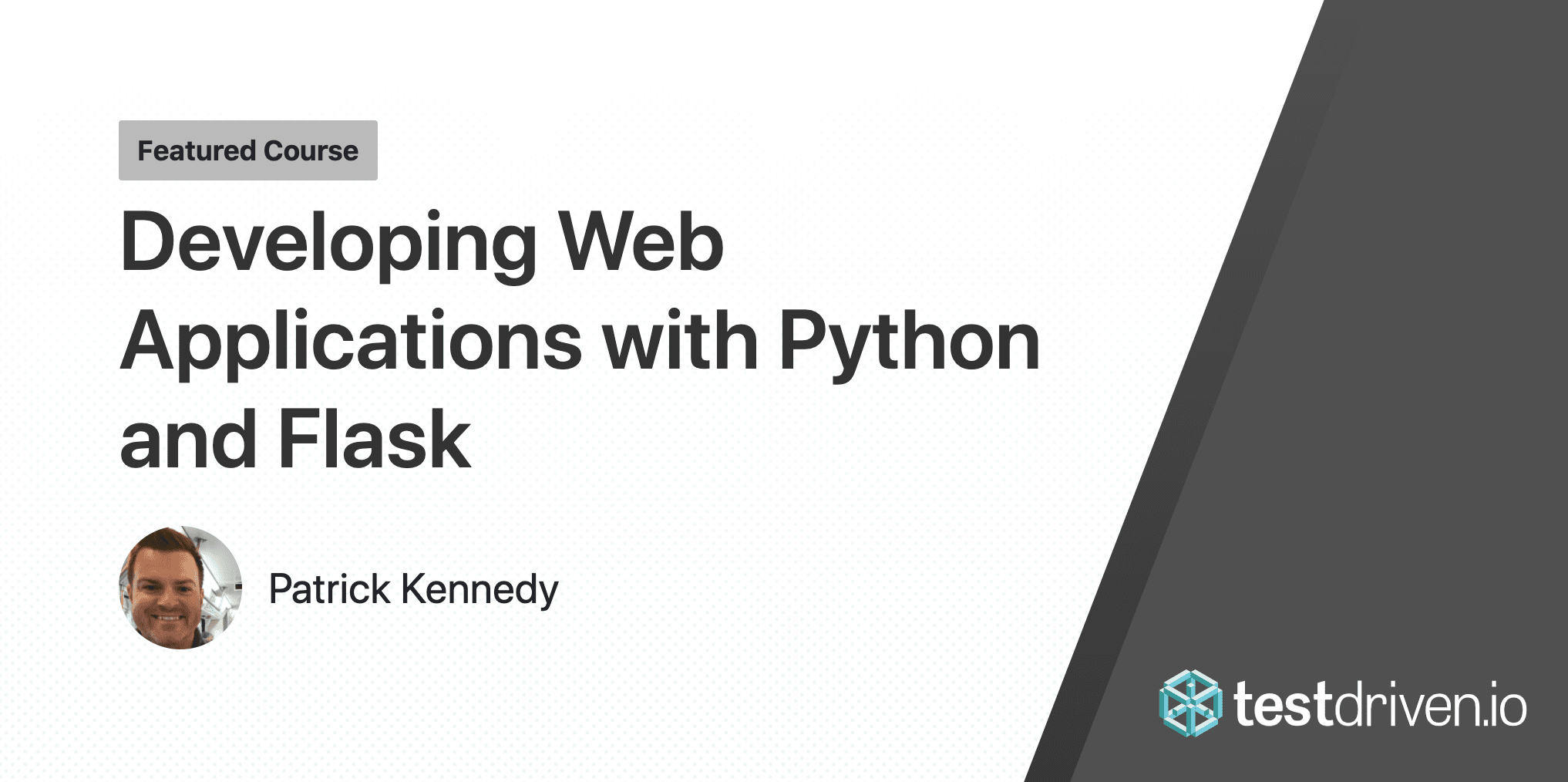This Flask application manages a stock portfolio for each user, including the user management aspects of a web application.
This project is developed as part of the "Developing Web Applications with Python and Flask" course on testdriven.io:
https://flask-stock-portfolio.onrender.com/
Pull down the source code from this GitLab repository:
git clone git@gitlab.com:patkennedy79/flask-stock-portfolio-code.gitCreate a new virtual environment:
$ cd flask-stock-portfolio-code
$ python3 -m venv venvActivate the virtual environment:
$ source venv/bin/activateInstall the python packages specified in requirements.txt:
(venv) $ pip install -r requirements.txtThis Flask application needs a SQLite database to store data. The database can be initialized via the Flask shell:
(venv) $ flask shell
>>> from project import database
>>> database.drop_all()
>>> database.create_all()
>>> quit()
(venv) $
When dealing with a database in production, the Flask-Migrate command should be utilized to initialize the database:
$ flask db upgrade
Run development server to serve the Flask application:
(venv) $ flask --app app --debug runNavigate to 'http://127.0.0.1:5000/' in your favorite web browser to view the website!
The following environment variables are recommended to be defined:
- SECRET_KEY - see description below
- CONFIG_TYPE -
config.DevelopmentConfig,config.ProductionConfig, orconfig.TestConfig - DATABASE_URL - URL for the database (either SQLite or Postgres)
- MAIL_USERNAME - username for the email account used for sending out emails from the app
- MAIL_PASSWORD - password for email account
- ALPHA_VANTAGE_API_KEY - API key for accessing Alpha Vantage service
The 'SECRET_KEY' can be generated using the following commands (assumes Python 3.6 or later):
(venv) $ python
>>> import secrets
>>> print(secrets.token_bytes(32))
>>> quit()
(venv) $ export SECRET_KEY=<secret_key_generated_in_interpreter>NOTE: If working on Windows, use set instead of export.
The Alpha Vantage API key is used to access the Alpha Vantage service to retrieve stock data.
In order to use the Alpha Vantage API, sign up for a free API key at: Alpha Vantage API Key
- Flask: micro-framework for web application development which includes the following dependencies:
- click: package for creating command-line interfaces (CLI)
- itsdangerous: cryptographically sign data
- Jinja2: templating engine
- MarkupSafe: escapes characters so text is safe to use in HTML and XML
- Werkzeug: set of utilities for creating a Python application that can talk to a WSGI server
- pydantic: data validation and settings management
- pytest: framework for testing Python projects
- pytest-cov: pytest extension for running coverage.py to check code coverage of tests
- flake8: static analysis tool
- Flask-SQLAlchemy: ORM (Object Relational Mapper) for Flask
- Flask-Migrate: relational database migration tool for Flask based on alembic
- Flask-WTF - simplifies forms in Flask
- email_validator - email syntax validation library for use with Flask-WTF
- Flask-Login - support for user management (login/logout) in Flask
- Flask-Mail - Flask extension for sending email
- requests - Python library for HTTP
- freezegun - library that allows your Python tests to travel through time by mocking the datetime module
- Gunicorn: 'Green Unicorn’ is a Python WSGI HTTP Server
- psycopg2-binary: PostgreSQL database adapter for Python
This application is written using Python 3.11.
To run all the tests:
(venv) $ python -m pytest -vTo check the code coverage of the tests:
(venv) $ python -m pytest --cov-report term-missing --cov=projectIMPORTANT: The following environment variables need to be configured in order for the tests to run successfully:
(venv) $ export MAIL_USERNAME=flaskstockportfolioapp@gmail.com
(venv) $ export MAIL_PASSWORD=test_passwordNOTE: If working on Windows, use set instead of export.
